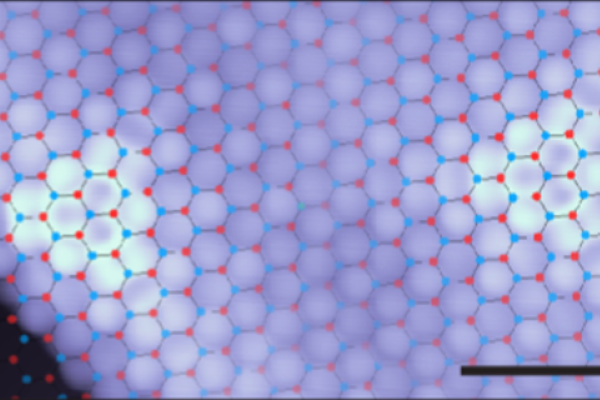A team at Ohio State is part of a multi-institution effort that was just awarded $5M from the NSF’s ExpandQISE program. To meet the growing national demand for a quantum-trained workforce, the ExpandQISE program aims to strengthen connections between institutions already active in quantum science, with institutions that are committed to launching new efforts and that can draw on a diverse and broad population of students. The new award is led by Professor Ray Samuel at North Carolina A&T University, which is the largest public HBCU and a leader in STEM degrees awarded to African-American students. The team includes co-PIs Jay Gupta (Ohio State Physics), Troy Van Voorhis (MIT) and Davide Venturelli (University Space Research Association), but also features collaborators from Dartmouth, University of the West Indies, Brookhaven National Lab, and qBraid (a leading quantum software company).
This diverse team grew out of the extensive QuSTEAM network, developed as part of a previous NSF award in undergraduate quantum education led by Ohio State.
“The growth of NC A&T’s QISE education programs have been greatly impacted by its partnership with the Ohio State-based QuSTEAM consortium. The ExpandQISE award is a direct result of collaborations that were catalyzed by our participation in QuSTEAM course design teams and professional development workshops.” – Professor Ray Samuel
Core Research Projects in the new program include the development and testing of quantum algorithms for computational fluid dynamics, validation of quantum computational chemistry for the design and fabrication of novel semiconductor and quantum materials, and the development of educational resources including new courses and the establishment of an experimental quantum science lab at NC A&T. Ohio State Co-PI Gupta’s role in the team will be to benchmark quantum chemistry calculations by providing atomic-level characterization of defects in quantum materials synthesized at NC A&T.
“The intentional design of defects in quantum materials is in its infancy, but has great promise for quantum-based sensors and information processing. The exciting thing about this program to me is the opportunity it provides to establish a feedback loop between materials growth, theory and characterization, while providing training to a broad and diverse team of students. This new program is also well-aligned with Ohio State’s new Center for Quantum Information Science and Engineering and will benefit from the Center’s activities.” – Professor Jay Gupta


